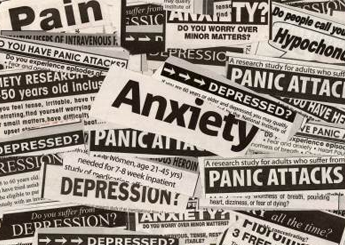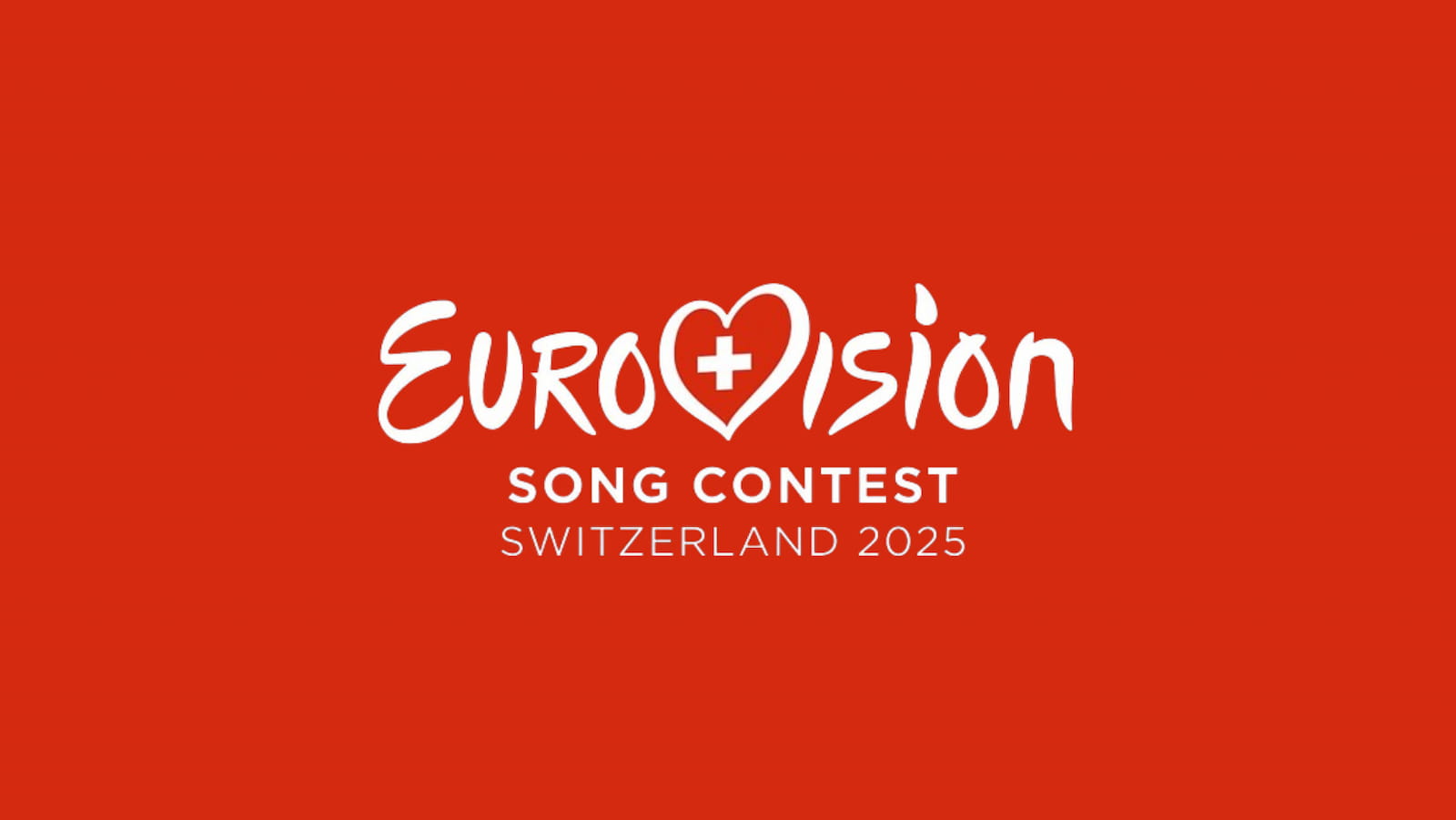Tough Talk From Bosses: Understanding The Changing Dynamics Of The Modern Workplace

Table of Contents
The Evolution of Boss-Employee Communication
The traditional image of a boss delivering blunt, one-way feedback is increasingly outdated. Modern management styles prioritize collaborative approaches, emphasizing open communication and mutual respect. This shift is driven by several key factors:
- The Rise of Collaborative Leadership: Instead of dictating directives, effective leaders now foster a culture of shared responsibility and teamwork. This means more two-way conversations and a greater emphasis on employee input.
- Technological Advancements: Instant messaging, email, and project management software have fundamentally changed how we communicate at work. This constant connectivity necessitates more frequent, often informal, feedback loops.
- Increased Transparency: Modern organizations are increasingly transparent about company performance, goals, and challenges. This openness fosters a sense of shared purpose and encourages more open dialogue between bosses and employees.
Key changes in boss-employee communication include:
- Increased transparency and open communication channels.
- More frequent feedback loops, encompassing both positive reinforcement and constructive criticism.
- The rise of employee feedback platforms and surveys to gather employee opinions and perspectives.
- A greater emphasis on employee well-being and mental health, recognizing the importance of a supportive work environment.
Deciphering "Tough Talk": When Direct Feedback is Constructive and When it's Not
"Tough talk" can encompass a wide range of communication styles. The key lies in differentiating between constructive criticism and toxic negativity. Constructive criticism focuses on specific behaviors and offers actionable steps for improvement, while toxic negativity is personal, demoralizing, and unhelpful.
Examples of healthy direct feedback:
- "I've noticed that your reports have been late recently. Let's discuss ways to improve your time management skills."
- "While your presentation was well-researched, the delivery could be more engaging. Perhaps we can work together on some presentation skills training."
Examples of unhealthy aggressive communication:
- "Your work is unacceptable. You're clearly not up to the job."
- "You're always late and disorganized. I'm disappointed in your performance."
How to differentiate between constructive and destructive feedback:
- Intent: Is the feedback aimed at professional development or personal attack?
- Delivery: Consider the tone of voice, body language, and the setting of the conversation. A private and respectful setting is crucial for constructive criticism.
- Focus: Does the feedback center on specific behaviors or personal characteristics? Constructive feedback focuses on actions, not personality traits.
- Opportunity for Dialogue: Does the feedback allow for questions and clarification? A one-sided lecture is rarely constructive.
Developing Resilience and Adaptability in the Face of Direct Feedback
Receiving direct feedback, even when intended to be constructive, can be challenging. Developing resilience and adaptability is key to using this feedback for growth.
Strategies for handling tough conversations:
- Active Listening: Pay close attention to what your boss is saying, ask clarifying questions, and summarize their points to ensure understanding.
- Seeking Clarification: Don't hesitate to ask for specific examples or further explanation. Understanding the context of the feedback is crucial.
- Focusing on Actionable Steps: Identify concrete steps you can take to improve based on the feedback received.
- Self-Reflection: Take time to reflect on the feedback, identifying areas where you can grow and develop professionally.
- Self-Care: Managing stress is crucial. Prioritize self-care strategies to maintain your well-being during challenging times.
The Role of Leadership Training in Fostering Positive Communication
Effective communication isn't just the responsibility of employees; managers also need training to deliver feedback constructively. Leadership training programs should equip managers with the skills to provide supportive, actionable feedback.
Key aspects of effective leadership training:
- Emotional Intelligence: Understanding and managing emotions is crucial for effective communication and conflict resolution.
- Effective Feedback Delivery Methods: Training on delivering constructive criticism, providing specific examples, and offering support.
- Conflict Resolution Training: Developing skills to handle disagreements and challenging conversations professionally.
- Creating a Culture of Open and Honest Communication: Fostering an environment where employees feel comfortable sharing their thoughts and concerns.
Conclusion
The nature of "tough talk" in the modern workplace is changing, requiring both managers and employees to adapt. Effective communication, constructive criticism, and resilience are crucial for navigating this evolving landscape. Both parties need to understand the context and intent behind feedback; is it aimed at improvement or degradation? Understanding these nuances is essential for professional growth and a thriving work environment. Mastering the art of effective communication, whether giving or receiving feedback, will significantly improve your professional relationships and contribute to a more positive and productive workplace dynamic. Understanding the nuances of "tough talk" is essential for thriving in today's modern workplace. Learn to navigate these challenging conversations effectively and build stronger relationships with your boss by practicing these techniques and seeking further resources on improving workplace communication and leadership styles.

Featured Posts
-
 Doom The Dark Ages Waiting Room Playlist The Ultimate Soundtrack For Your Eternal Wait
May 13, 2025
Doom The Dark Ages Waiting Room Playlist The Ultimate Soundtrack For Your Eternal Wait
May 13, 2025 -
 Did You Shoot Someone In Self Defense Understanding Self Defense Insurance
May 13, 2025
Did You Shoot Someone In Self Defense Understanding Self Defense Insurance
May 13, 2025 -
 When Does Doom The Dark Ages Early Access Start A Complete Guide
May 13, 2025
When Does Doom The Dark Ages Early Access Start A Complete Guide
May 13, 2025 -
 Sissal Danmarks Bidrag Til Eurovision 2025
May 13, 2025
Sissal Danmarks Bidrag Til Eurovision 2025
May 13, 2025 -
 The Enduring Nightmare Gaza Hostages And Their Families
May 13, 2025
The Enduring Nightmare Gaza Hostages And Their Families
May 13, 2025
